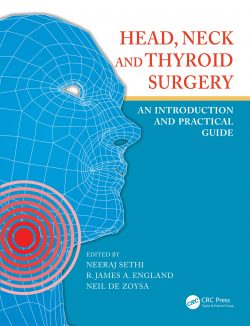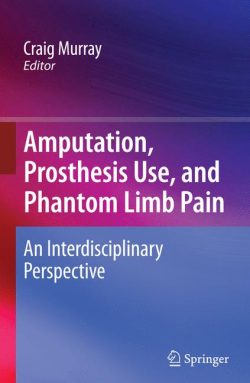This book discusses genome-based strategies to provide a holistic understanding of yeasts in Human Health and as model organisms in basic research or industrial production. Using numerous Saccharomyces cerevisiae strains and various non-conventional yeast species isolated from diverse origins, it describes essential biological processes, the biotechnological exploitation of yeast and pathogenesis control. It also demonstrates how functional and comparative genomics and the development of genome engineering tools are used in modern yeast research.
The use of yeasts as experimental eukaryotic models increasingly gained prominence when several Nobel Prizes in Physiology/Medicine and Chemistry were awarded for innovative research, using yeast strains to elucidate molecular mechanisms in a wide range of human physiological processes and diseases, such as autophagy, cell cycle regulation and telomerase activity.
This book offers useful insights for scientists in yeast research, clinical scientists working with yeast infectious models and for industrial researchers using applied microbiology.
Industrial Applications and Model Systems
(1) SÁ-CORREIA – Physiological genomics of multistress resistance in the yeast cell model and factory: focus on MDR/MXR transporters
(2) GUILLAMÓN – Mechanisms of yeast adaptation to wine fermentations
(3) ZHAO – Development of robust yeast strains for lignocellulosic bio-refineries based on genome-wide studies
(4) SÁ-CORREIA – Physiological genomics of the highly weak-acid-tolerant food spoilage yeasts of Zygosaccharomyces bailii sensu lato
(5) JOUHTEN – Yeast genome-scale metabolic models for simulating genotype-phenotype relations
Human Health and Disease
(6) Prasad – Emerging mechanisms of drug resistance in Candida albicans
(7) Teixeira – Genome-wide response to drugs and stress in the pathogenic yeast Candida glabrata
(8) Prasad – Lipidomics approaches: applied to the study of pathogenesis in Candida species
(9) LUDOVICO – Yeast at the forefront of research on ageing and age-related diseases
This book discusses genome-based strategies to provide a holistic understanding of yeasts in Human Health and as model organisms in basic research or industrial production. Using numerous Saccharomyces cerevisiae strains and various non-conventional yeast species isolated from diverse origins, it describes essential biological processes, the biotechnological exploitation of yeast and pathogenesis control. It also demonstrates how functional and comparative genomics and the development of genome engineering tools are used in modern yeast research.
The use of yeasts as experimental eukaryotic models increasingly gained prominence when several Nobel Prizes in Physiology/Medicine and Chemistry were awarded for innovative research, using yeast strains to elucidate molecular mechanisms in a wide range of human physiological processes and diseases, such as autophagy, cell cycle regulation and telomerase activity.
This book offers useful insights for scientists in yeast research, clinical scientists working with yeast infectious models and for industrial researchers using applied microbiology.
Offers insights into work with unconventional yeasts, both in industry and in basic research
Broadens our understanding of physiological genomics in yeasts
Illustrates the connection between basic research, application, and medicine





